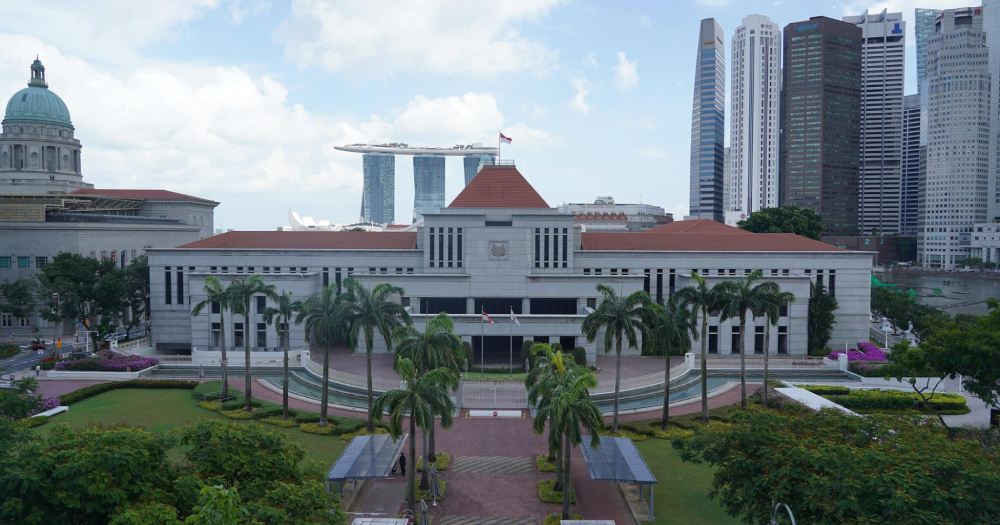Yesterday (April 1), the Singapore government unveiled its Protection from Online Falsehoods and Manipulation Bill.
The bill, which is designed to combat false or misleading information on the internet, will give the government the power to hold online news sources and platforms responsible for the spread of deliberate online falsehoods.
But while the Ministry of Law has released a statement saying that “the bill targets falsehoods, not free speech,” some observers have said that it will also allow the government the ability to silence its critics.
Bill is "worryingly broad"
Speaking to the The New York Times, activist Kirsten Han expressed her view that the bill was “worryingly broad”.
“The bill gives ministers so much power and discretion — any minister can direct individuals or websites to post corrections or take down content,” she said.
Lynn Lee, an independent documentary filmmaker from Singapore, also spoke out against the supposedly arbitrary powers that bill bestows to ministers in a post on Facebook.
“They want to be able to stop us from saying things they don’t like,” she said. “And just to make sure we know who’s boss, the draft bill gives the Minister the right to exempt any person from any provision of the proposed act.”Former editor of The Online Citizen called the development worrying as discretion is placed in the authority's hands when it comes to interpreting the meaning of what is said online, regardless of the author's intention.Ex-NMPs chime in
Former Nominated Members of Parliament Siew Kum Hong and Janice Koh also posted on Facebook in the aftermath of the bill’s unveiling.
Siew remarked that the “depth of [his] revulsion” for the direction that Singapore was heading in had caused him to think about leaving the country.
Koh then replied to his post in agreement: Screenshot via.
Screenshot via.
Online social media affected
Online social media platforms such as Facebook could also be affected should the bill pass through parliament, as it will require them to surface corrections to past viewers of the falsehoods, and on identical copies of the falsehood.
According to The New York Times, Simon Milner — who works on Facebook’s public policy in Asia — responded to the bill by saying that the social media company “was concerned with aspects of the law that grant broad powers to the Singapore executive branch to compel us to remove content they deem to be false and proactively push a government notification to users.”
Milner also said that the company would support regulation that "strikes the right balance between reducing harm while protecting people’s rights to meaningful speech."
Over the weekend, Facebook founder and chief executive Mark Zuckerberg, in a Washington Post opinion piece, believe that there is a need for a "more active role for governments and regulators". He added that new regulation was in four areas: harmful content, election integrity, privacy and data portability.
Milner represented Facebook at Singapore's select committee on deliberate online falsehoods. The select committee hearings were held not long after the Facebook/Cambridge Analytica scandal broke.
Jeff Paine, the managing director of The Asia Internet Coalition (AIC) — an industry association made up of leading internet and technology companies — released a statement which indicated their “concerned that the proposed legislation gives the Singapore government full discretion over what is considered true or false.”
“As the most far-reaching legislation of its kind to date, this level of overreach poses significant risks to freedom of expression and speech, and could have severe ramifications both in Singapore and around the world,” Paine said.
The same New York Times report revealed that Twitter and Google were still reviewing the bill.
Top image from Parliament of Singapore Facebook
If you like what you read, follow us on Facebook, Instagram, Twitter and Telegram to get the latest updates.
